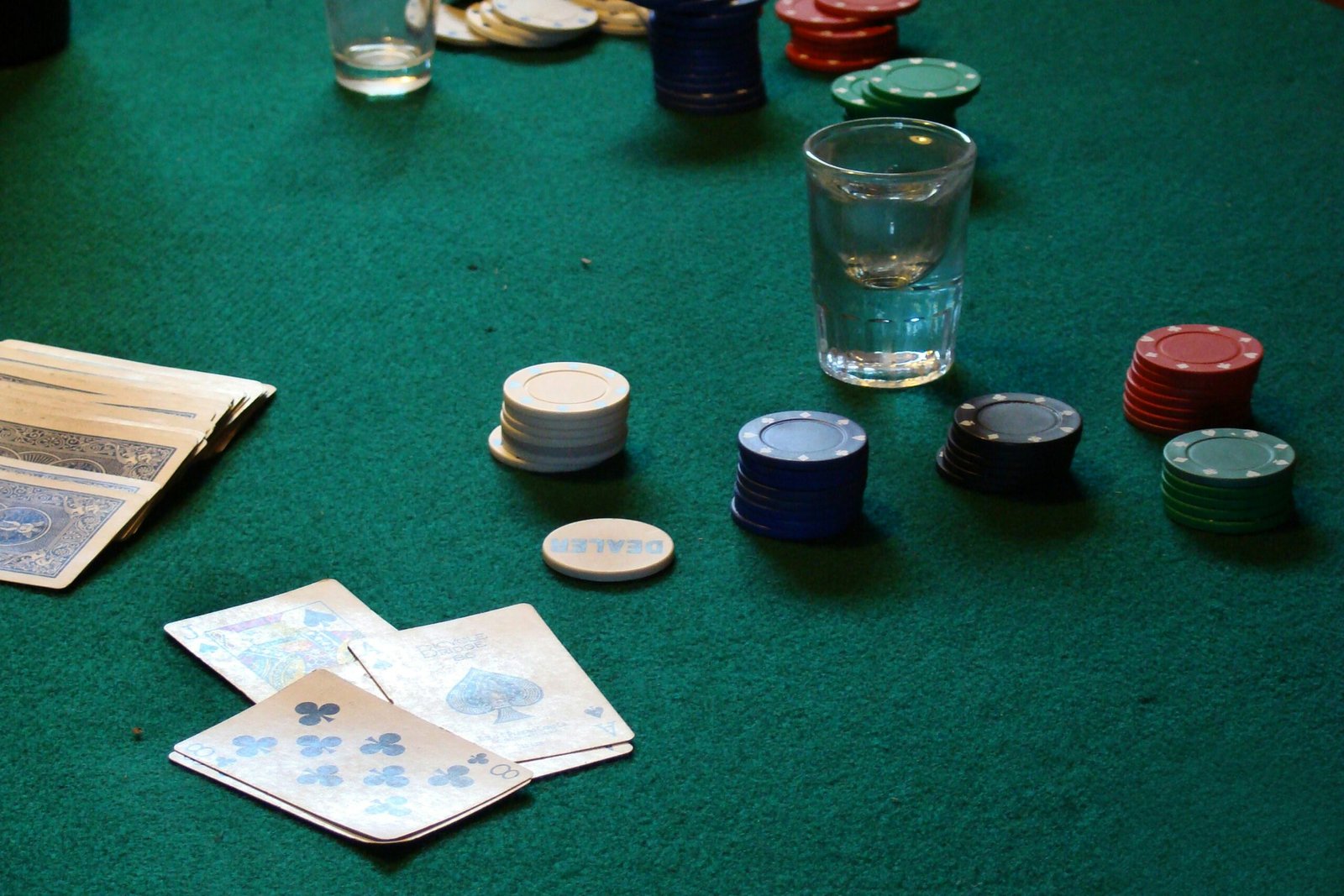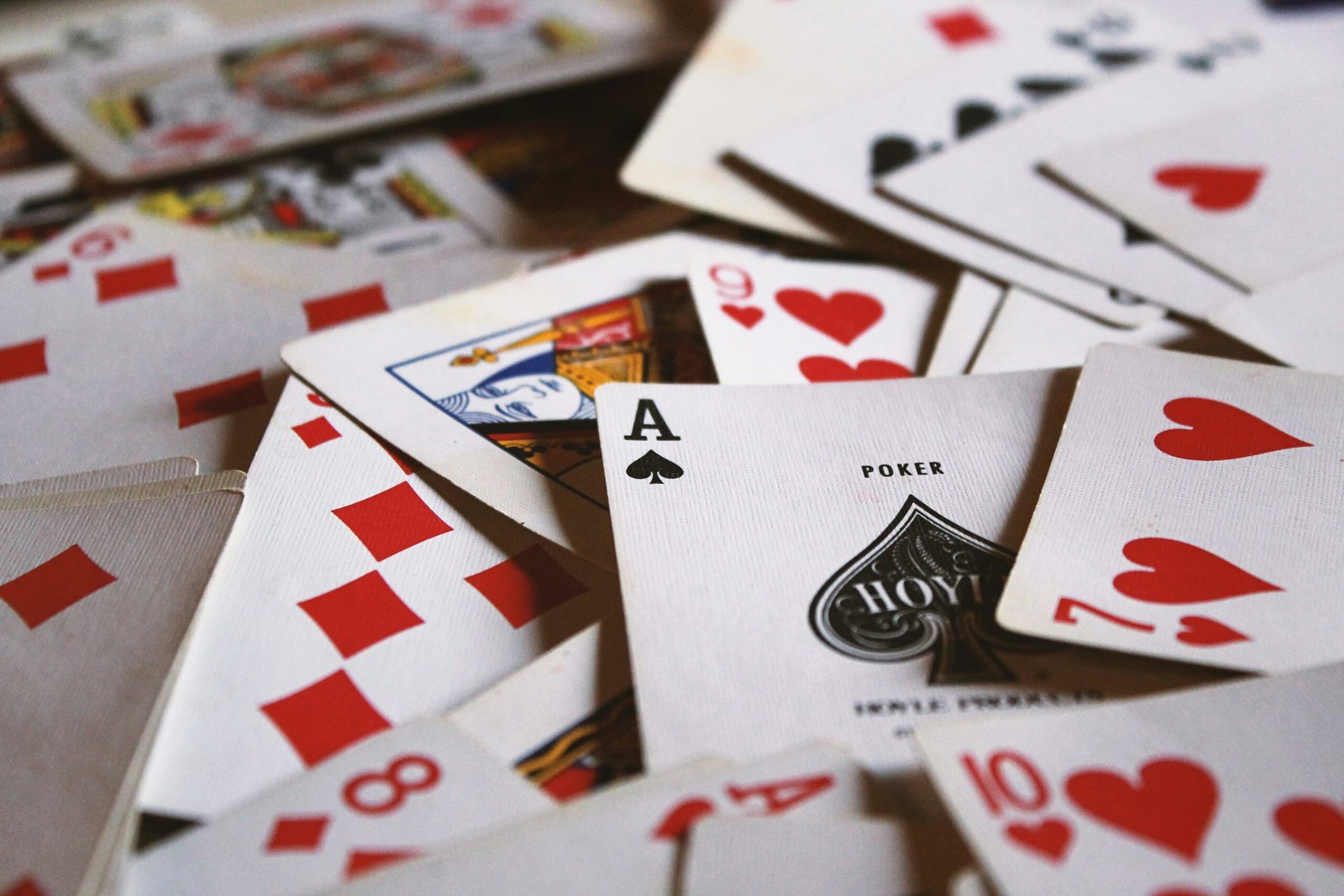Decoding Nicknames: The Mystery of the Number 4
Written by Pamela Jo Jones on December 4, 2024
Understanding Nicknames in the World of Cards
Nicknames in card games, particularly poker, play a significant role in the social and cultural fabric of the game. These informal monikers often evoke interesting historical insights and nuances that enhance player engagement and interaction. Specifically, the number 4 in various card games carries numerous nicknames that reveal much about regional traditions and player experiences. For instance, the 4 of hearts is sometimes affectionately referred to as the “heartbreak” due to its visual resemblance to a broken love story.
The tradition of assigning nicknames to cards can be traced back through poker’s rich history, where players sought ways to personalize their play style and establish camaraderie. This informal naming system often stems from notable characteristics or cultural references associated with specific cards. As a result, more than just an identifier, these nicknames serve as a social glue that bonds players, often bridging gaps between different regional groups. The number 4’s informal names may vary significantly from one locale to another; while some might call it the “four leaf clover,” seeking good fortune, others might refer to it using something as simple as “quad” in specific games, highlighting its potential for a four-of-a-kind hand.
The diverse terminology in poker creates an engaging and relatable experience for players, instilling a sense of belonging and community. Those new to the game often find it easier to connect with seasoned players through these colorful descriptions. Additionally, as players share their stories and experiences associated with various nicknames, it adds an enriched narrative layer to the game, making poker not just a strategic endeavor, but also a form of storytelling through language. Ultimately, the unique nicknames that surround cards, particularly the number 4, reflect the vibrant culture of poker, celebrating its evolution and localized expressions across different communities.
The Test: Who’s Lying About the 4’s Nickname?
In the fascinating world of poker, nicknames carry weight and meaning, often revealing insights into the history and culture of the game. To explore the enigma surrounding the card known as the ‘4’, we will examine the claims made by four unique individuals, each presenting their assertion regarding the nickname attributed to this card. Our characters include the well-known Orient Express, the legendary Texas Dolly, the enigmatic Jesus, and the colorful Amarillo Slim. Each character’s claim has merit and backstory, setting a stage ripe for intrigue.
The first contender, Orient Express, argues that the 4 is affectionately referred to as the “Express”. This nickname is thought to harken back to fast-paced games where players are known to move swiftly and decisively, much like a train. The credibility of this name is bolstered by its strong association with the high energy and strategic maneuvering characteristic of elite poker tournaments.
Next, we have Texas Dolly, a moniker famously linked to the poker sensation Doyle Brunson. According to his assertion, the card is often dubbed “Four Horsemen”, inspired by the famous card players who embodied skill and dominance at the table. This claim resonates deeply within the Texas hold’em community, linking the nickname to legendary poker moments and players whose prowess is undeniably admired.
Then, Jesus claims that the 4 is often called “The Miracle Card.” This nickname appears to reflect players’ superstitions about the power of the card to change the course of a hand dramatically. Jesus’s assertion draws upon the emotional narratives created during intense moments at the poker table, suggesting a more ethereal connection to the card’s significance.
Finally, Amarillo Slim proposes that the 4 is known as the “Lucky 4.” His nickname stems from the cultural significance of the number 4 in various gambling circles, often associated with good fortune. This belief adds a layer of mystique, making it a compelling addition to the nearly mythical aura surrounding poker nicknames. As we delve deeper into these claims, the question remains: which character tells the truth about the origins of the 4’s nickname, and who might be embellishing the facts to stake their claim on poker lore? Only deeper investigation will shed light on the actuality behind these enticing assertions.
Analyzing the Nicknames: Fact or Fiction?
The fascinating world of poker is rich with colorful characters, many of whom adopt unique nicknames that reflect their personalities, playing styles, or even infamous moments at the table. As we delve into the nicknames attributed to various players associated with the number 4, it becomes essential to scrutinize the validity and origins of these names. Each nickname carries a story, and distinguishing fact from fiction is crucial for both players and fans alike.
One common nickname is “Four Horsemen,” a nod to a specific combination of players who dominated high-stakes games during a specific era. The legitimacy of such a title can be traced back to magazine articles and interviews, lending credibility to its continued usage. However, it is important to juxtapose historical accuracy with the romanticized narratives often perpetuated in poker culture. The true essence of this nickname is rooted in teamwork and shared success, rather than any single individual’s prowess.
Conversely, consider a more dubious name like “Lucky 4.” This moniker implies an inherent luck associated with the number in question. Yet, poker strategy profoundly depends on skill and calculated decision-making rather than luck alone. The misconception perpetuated by this nickname could mislead novices about the nature of the game, highlighting the importance of critical thinking when dissecting such descriptive terms.
Players and enthusiasts are encouraged to utilize their knowledge and intuition when evaluating these nicknames. Consider the players’ track records, public perceptions, and the interplay of mythology and reality in poker lore. By critically assessing each name, we can come closer to unearthing the truth behind the mystique of the number 4 in poker, enriching our understanding and appreciation of the game.
The Reveal: Identifying the Correct Nickname
In our exploration of the card ‘4’ in the context of card games, particularly poker, we have encountered a variety of nicknames that players use to refer to this card. However, through extensive analysis, we have come to identify the correct and widely accepted nickname for the ‘4’, which is ‘four of a kind.’ While this moniker accurately reflects its role in games that utilize poker hands, we must also consider the informal terms that sometimes circulate among players, such as ‘knock, knock’ or ‘the landline’. These alternative names can often lead to confusion, particularly for novice players.
During our investigation, we discovered that the nickname ‘knock, knock’ was erroneously attributed to a notable poker player named James.” Our analysis revealed that James’ misunderstanding stemmed from a casual conversation with fellow players, where he mistakenly interpreted the playful banter as conventional terminology. This illustrates how easily misconceptions can form within casual gaming environments, where informal language is commonly employed without strict definitions.
Understanding the correct terminology is crucial in maintaining clarity within the gaming community, thus fostering better communication among players. Moreover, it is essential to recognize the historical context of terms used in poker; over time, certain phrases evolve or fall out of favor, influencing how players interpret various cards. Misunderstandings, like that of James, highlight the importance of educating players about the proper use of terminology and the context surrounding it.
Ultimately, recognizing and adopting the correct nickname for the ‘4’ card not only encapsulates its significance in play but also empowers players to engage more productively with the game’s rich linguistic landscape. Addressing misconceptions can improve gameplay experiences and create a more informed player base.






